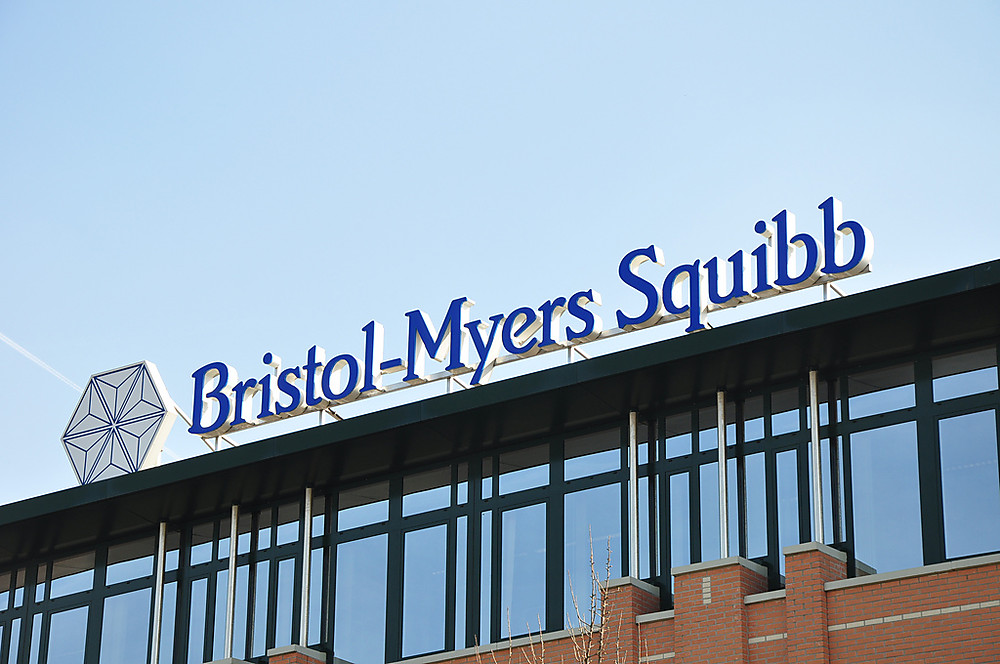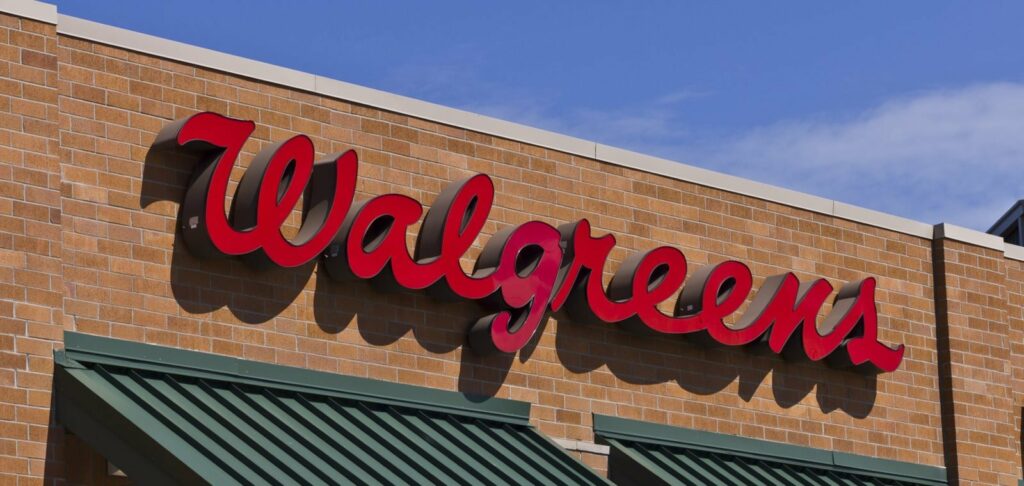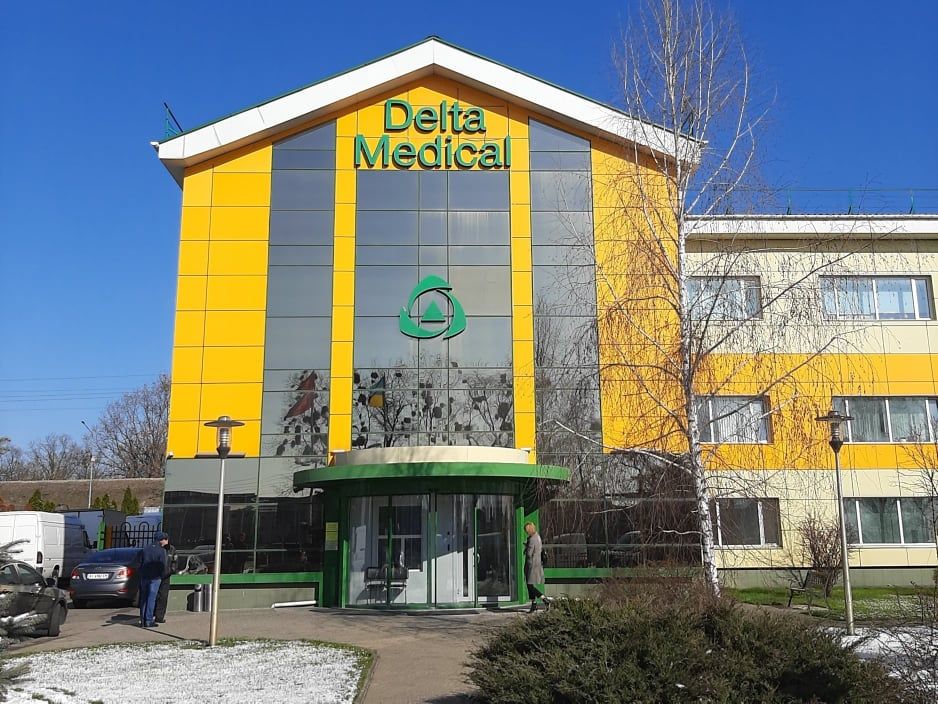
Building on the previous BMS-ISS project conducted in 2020, a select range of BMS drugs are headed to orbit, where researchers will study the crystallization of biotherapeutic drugs in microgravity, writes fiercepharma.com.
According to an ISS Lab press release, some crystals grow larger and more ordered in space than on Earth. The pharma company hopes that this experiment will help BMS identify ways to improve biomanufacturing, reveal the structure of complex molecules and make it easier to deliver higher doses of therapeutic proteins to the planet.
“Microgravity gives us higher resolution crystals, which in turn will provide information that we can use to develop new drugs,” said Robert Garmis. “High-quality crystals grown in space give us a better understanding of how molecules interact than is possible on Earth,” he added, noting that these crystal structures could provide information on ways to stabilize molecules to provide patients with improved drugs.
In particular, BMS hopes that the results of the experiment will give the company an impetus to create fundamentally new forms of drugs, for example, anti-oncology drugs that can be produced in the form of injections.
How will the study be conducted?
The study will take place over several months on the ISS and will involve the crystallization of several protein-based biological drugs using vapor diffusion and periodic crystallization. The resulting proteins will then be analyzed on Earth using X-ray diffraction. Next, the crystals grown in space will be compared to their Earth-grown counterparts.
This is not BMS’s first walk among the stars. Back in November 2020, BMS helped deploy the ISS monoclonal antibody crystallization experiment to better understand the kinetics of their crystallization in microgravity, again with the goal of improving drug formulation and delivery.



